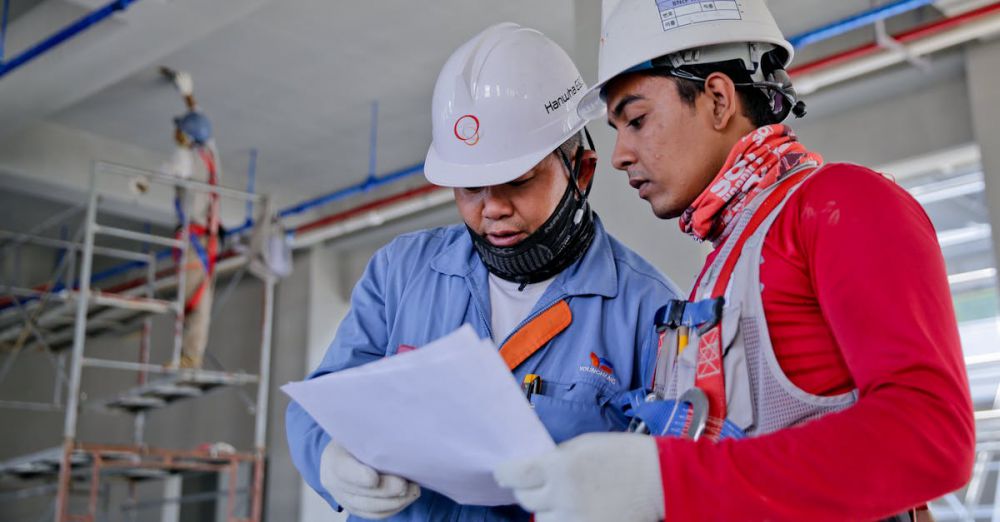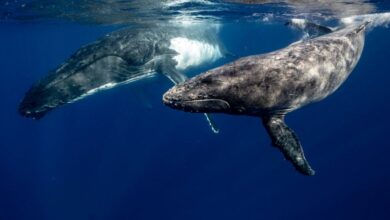Is Whale Watching Safe for Children
Whale watching is an awe-inspiring experience that captivates both young and old. With the chance to see these magnificent creatures in their natural habitat, families often embark on adventures to explore the ocean and learn about marine life. However, many parents find themselves questioning whether whale watching is safe for their children. Assessing the potential risks and benefits is crucial for ensuring a memorable and secure outing.
Understanding the Experience
Before diving into safety considerations, it’s important to understand what whale watching entails. Most whale watching excursions occur on boats that navigate through coastal waters, where whales are often spotted. Depending on the location and season, families can expect to see various species, including humpback whales, orcas, and gray whales. These trips usually last a few hours, providing ample time for observation and education.
While whale watching can be thrilling, it’s essential to prepare both children and parents for the experience. Factors like weather conditions, boat stability, and the duration of the trip can significantly affect safety. Parents should consider their child’s age, comfort levels, and sea legs before setting sail.
Safety Measures on the Water
When it comes to ensuring a safe whale watching experience, the first step is choosing a reputable tour operator. Families should look for companies that prioritize safety and adhere to strict regulations regarding marine wildlife. A licensed operator will typically have experienced crew members trained in emergency procedures and knowledge of the local marine environment.
Most boats are equipped with safety gear like life jackets, first aid kits, and emergency communication devices. For younger children, life jackets are particularly crucial. Parents should ensure that their children wear properly fitted jackets throughout the trip. Additionally, it’s a good idea to brief kids on basic safety protocols, such as staying seated when the boat is moving and listening to the crew’s instructions.
The Importance of Supervision
Supervision is paramount when enjoying outdoor activities, especially on the open water. Parents should remain vigilant to prevent accidents or mishaps. Children may be tempted to roam around the boat or lean over the railing to catch a better glimpse of the whales. Close supervision can help mitigate risks associated with falls or sudden movements.
Furthermore, the unpredictable nature of the ocean means that conditions can change rapidly. Parents should keep an eye on their children, particularly during rough weather or if the boat begins to sway. Teaching kids to respect the boat’s boundaries and understand the importance of staying close can foster a safer environment for everyone on board.
Managing Sea Sickness
One potential concern for families is sea sickness, which can affect children and adults alike. The motion of the boat can lead to nausea, dizziness, and discomfort. To minimize the chances of sea sickness, parents should consider a few strategies. Opt for a morning tour when the waters are typically calmer, and encourage kids to eat a light meal before boarding. Ginger candies and over-the-counter remedies can also be helpful.
If a child does begin to feel unwell, it’s essential to address the issue promptly. Finding a stable spot on the boat, preferably towards the center, can help alleviate symptoms. Fresh air and hydration can also make a significant difference.
Ensuring a Positive Experience
To promote a positive whale watching experience, preparation is key. Educate children about whales and their environment before the trip. This can foster excitement and anticipation, making the outing even more enjoyable. Equip kids with binoculars, cameras, or notebooks to encourage engagement during the excursion.
Choosing the right time of year for your whale watching adventure can also enhance safety and enjoyment. Researching local whale migration patterns will ensure families can witness these majestic animals without overcrowding or stressful conditions.
Finding the Right Balance
Ultimately, whale watching can be a safe and enriching experience for children when proper precautions are taken. By selecting a reputable tour operator, maintaining close supervision, and preparing for potential challenges like sea sickness, families can enjoy the beauty of marine life. The memories created during these excursions can foster a lifelong love for nature and inspire a passion for ocean conservation.
In summary, with thoughtful planning and a focus on safety, whale watching can be an unforgettable adventure for children and their families. Embracing the thrill of the ocean while prioritizing well-being allows for a harmonious balance between excitement and security.







